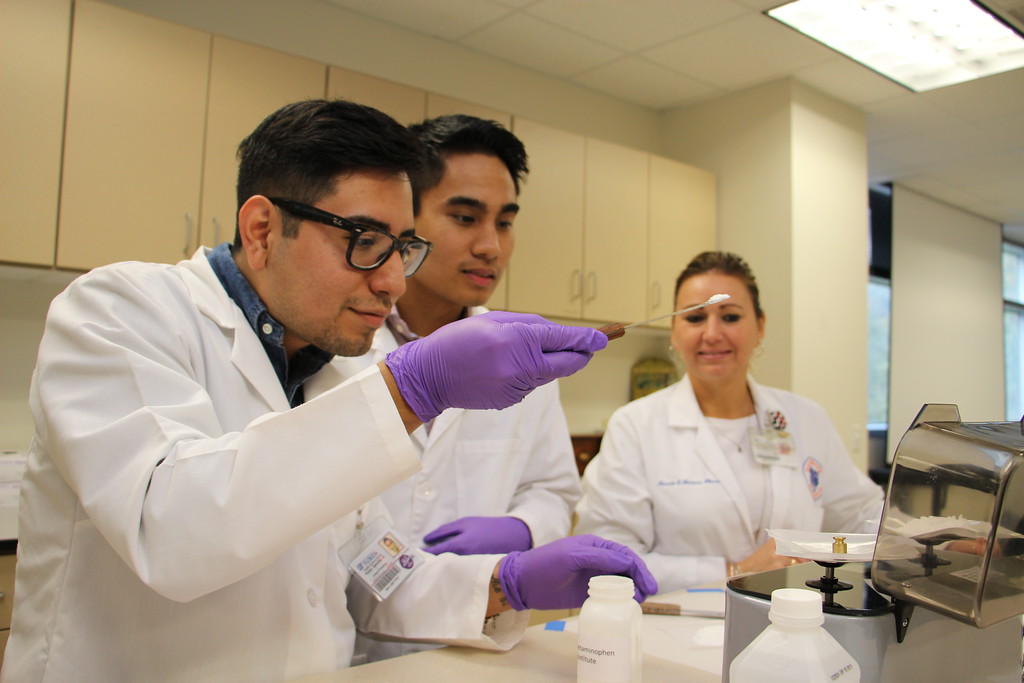Patient Criteria
- Not Applicable
Preceptor Criteria
- Individual with credentials which provide evidence of expertise in their area of specialty or equivalent experience, with at least 2 years’ experience in area of specialty.
Site Criteria
- A setting appropriate to the specialty area.
- A specialty with expertise applicable to a pharmacy related career.
Required Course Activities
For a complete list of required course activities and requirements please refer to the Pharm.D. Curriculum page, 4th Professional Year, Non-Patient Care Electives syllabus.
To achieve the learning objectives, students completing the Non-Patient Care Elective Advanced Pharmacy Practice Experience must complete the following activities/assignments:
- Participate in departmental meetings, including department leadership/management meetings, department staff meetings, regulatory preparation meetings, in-services, and other organizational change effort meetings. Activities may include agenda preparation, minute
preparation, topic presentations and leading the meeting. - Following the meetings, summarize with the preceptor the key elements of the meeting and potential concerns/barriers moving forward with action items.
- Participate in a pharmacy or interdisciplinary change effort process.
- Complete a weekly reflection (within a journal) to describe and reflect on an activity from the week. Email to preceptor weekly on Fridays by 5 pm.
- Practice self-managed continuing professional development with the goal of improving the quality of one’s own performance through self-assessment and personal change.
- Presentations: Present at least one formal presentation, including analysis and interpretation of the primary literature. The audience will be selected by the preceptor.
- Topic Discussions: As time permits, the preceptor and student will discuss various leadership and management topics. The preceptor may provide background readings. The preceptor may alter readings and topics according to learning needs.
- Discuss briefly the Pharmacists’ Patient Care Process (PPCP) with your preceptor to learn how they implement PPCP in their practice, if applicable.
- Review your Curriculum Vitae (CV) with your preceptor and request feedback.
- Discuss briefly career planning with your preceptor to learn about preceptor’s professional progression and seek guidance on achieving your professional goals.
- Preceptors may require additional activities or assignments.


